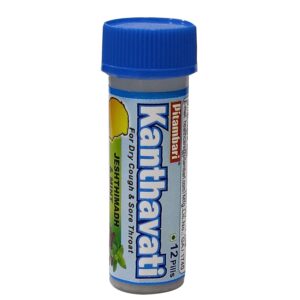COUGH AND COLD
COUGH AND COLD: Cough and cold medications are a class of drugs primarily used to relieve symptoms associated with upper respiratory tract infections, such as a common cold or flu. These medications are available over the counter and can be found in various forms, including syrups, tablets, capsules, and nasal sprays.
The mechanism of action for cough and cold medications depends on the specific active ingredients present in the product. Some common active ingredients include:
1. Antihistamines: These block the action of histamine, a chemical released during an allergic reaction. They help reduce symptoms such as sneezing, runny nose, and itchy eyes.
2. Decongestants: These work by narrowing blood vessels in the nasal passages, reducing swelling and congestion. Decongestants can help relieve a stuffy or blocked nose.
3. Expectorants: These help loosen and thin mucus, making it easier to cough up and clear the airways.
4. Cough suppressants: These act on the cough center in the brain to suppress coughing. They can provide temporary relief from persistent or dry coughs.
The recommended dose of cough and cold medications varies depending on the specific product and the age of the individual. It is important to carefully follow the instructions on the packaging or consult a healthcare professional for appropriate dosing guidelines.
While cough and cold medications are generally considered safe when used as directed, they can have side effects. Common side effects may include drowsiness, dizziness, dry mouth, nausea, headache, and nervousness. Some specific ingredients, such as pseudoephedrine found in decongestants, can cause an increase in blood pressure and should be used cautiously in individuals with hypertension or heart conditions. It is important to read the product labels and talk to a healthcare professional if you have any concerns or questions regarding the use of cough and cold medications.

